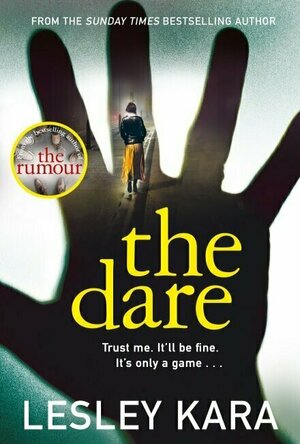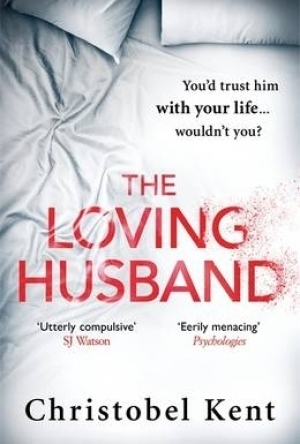
The Loving Husband: You'd Trust Him with Your Life, Wouldn't You...?
Book
Can you ever truly know the one you love? Fran Hall and her husband Nathan live in a farmhouse on...
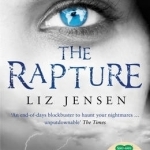
The Rapture
Book
In a merciless summer of biblical heat and destructive winds, Gabrielle Fox's main concern is a...

The Search
Book
**Preorder the new psychological thriller from Howard Linskey now!** Someone knows where the bodies...
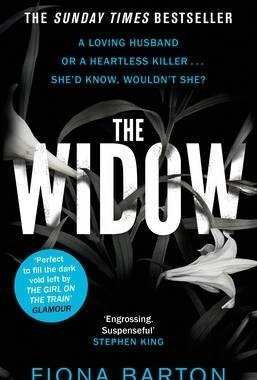
The Widow
Book
This is the Sunday Times and New York Times Bestseller, and Richard & Judy Book Club Pick. "If you...
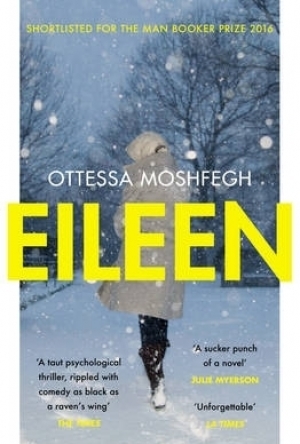
Eileen
Book
This book was shortlisted for the Man Booker Prize 2016. It was shortlisted for the Gordon Burn...
The Dare is an enthralling read where you can literally feel the tension building as the story unfolds. I was absolutely immersed from start to finish in the story of Lizzie and her best friend, Alice from both the "then" and "now" perspectives - this may sound confusing but, believe me, it's not.
After the accident that killed her best friend 12 years ago, Lizzie is trying to rebuild her life; she is engaged to be married to a GP, her epilepsy is under control and she is thinking of going to university however, things start to happen that quickly threaten that happiness.
The Dare is a slow-burner, that builds in tension, intrigue and suspense. I found it riveting and hard to stop reading and I would certainly recommend to people who enjoy an excellent psychological thriller with an enthralling plot and great twists.
Thank you to Random House UK, Transworld Publishers and NetGalley for my advance copy in return for an honest, unbiased and unedited review.
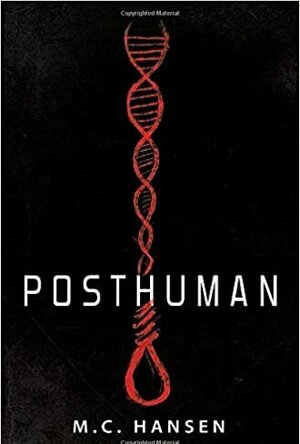
Posthuman
Book
KAUFMAN STRIKER SPENT HIS WHOLE LIFE LEARNING TO BE UNFEELING; it took hanging himself to change...
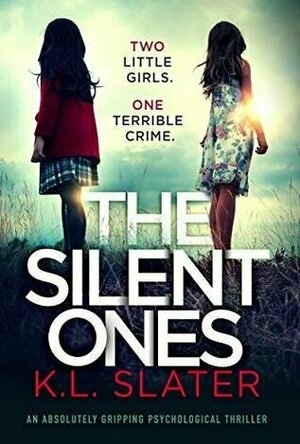
The Silent Ones
Book
This morning, I was packing up lunches, ironing, putting on the laundry I should have done last...
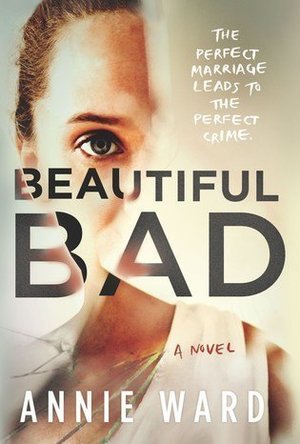
Beautiful Bad
Book
In the most explosive and twisted psychological thriller since The Woman in the Window, a beautiful...

Ransom's Redemption
Book
At first it seemed harmless enough, then came the photographs…intimate details of her life laid...
Lesbian PTSD
